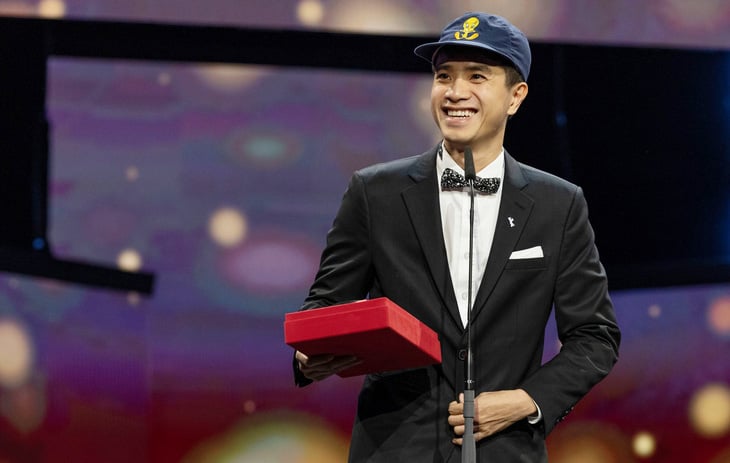
Director Pham Ngoc Lan received the award for best debut film at the 74th Berlin Film Festival - Photo: Berlinale
The award of Cu Li never cries (directed by Pham Ngoc Lan, produced by Tran Thi Bich Ngoc - Nghiem Quynh Trang, art director Phan Dang Di) is likened to the Camera D'Or award that Inside the Golden Cocoon by Pham Thien An received at the Cannes Film Festival.
With four short films including Every House's Story (2012), Another City (2016), A Good Land (2019) and Invisible River (2020), Pham Ngoc Lan's name is no stranger to those interested in independent cinema in Vietnam.
When cinema is overshadowed by political turmoil
The conversation below was shared by PHAM NGOC LAN with Tuoi Tre right after flying back to Hanoi, still "full of emotions".
* Returning to the Berlin Film Festival, how does Lan feel?
- The Berlin Film Festival was important to me. They discovered and accepted me in 2015, when I didn't even know I could make films.
This time around, I feel like I'm home. But the world has changed, and so has home. Costs have been cut, and many good people have left or will have to leave.
On my second day at the festival, the seven-day, 7-million-euro film event was no longer the highlight. Cinema was overshadowed by the turmoil of world politics.
During the time the film crew of Cu Li Never Cries was here, protests about the Israel-Palestine issue took place in many places.
In the opening and closing speeches of the film festival, people almost only talked about the West and the two hot war zones.
This is necessary, but I worry about the risk that many small countries will be pushed to the sidelines.
* And that's why when receiving the award, Lan thanked that even though Lan's film was not in the mainstream news that the whole world was concerned about, it was still chosen to receive the award?
- Yes. This speech only makes sense when it is put into the context I mentioned above. For outsiders, the understanding of Vietnam always comes from the Western media. For a long time, they wrote the definition of Vietnamese people.
In my acceptance speech, I said that this award is important for us because it helps spread a different perspective that comes from within, not from outside, the country.
I appreciate a major arts festival that, despite being caught up in the vortex of current events and recession, still tries not to forget the voices from small countries.
I thank the Berlin Film Festival for giving the film a voice. This award is important for us, because it helps spread a different perspective on a small country, and thus contributes to ensuring that this understanding does not disappear, which strengthens my belief that the Berlin Film Festival always supports and does not forget diverse, marginalized voices.
Director Pham Ngoc Lan's award acceptance speech
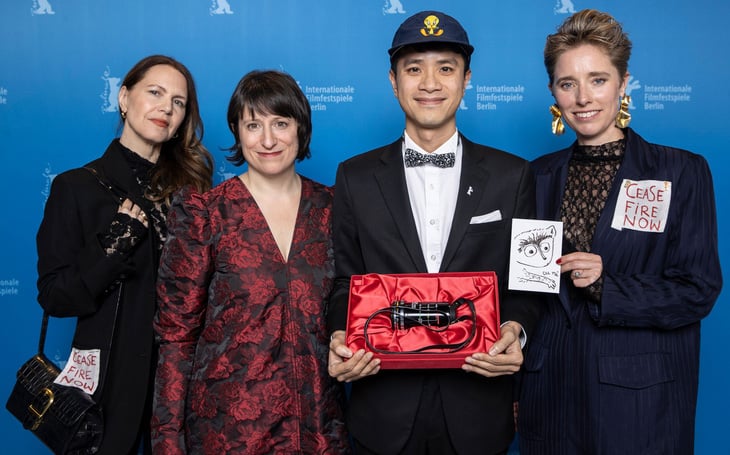
Pham Ngoc Lan brings Vietnamese cinema proud achievements in early 2024 - Photo: Berlinale
* A long journey has finally arrived. How does Lan feel now?
- I am happy and feel somewhat lucky because my work is noticed and what I say is heard and responded to.
But what happened at the Berlin Film Festival is not the destination yet, because the ultimate goal of the film is still to reach Vietnamese viewers, to reach Vietnamese cinemas.
I love where I was born, and I also want to make good movies.
* Lan once said that he could make many short films when he didn't have the opportunity to make feature films because short films can still reach audiences (even if they are limited) and take him everywhere. Now he has a feature film. What is the gap between short films and feature films according to Lan?
- I always try to have short film projects to fill in the gaps between feature films and small video projects to fill in between short films.
For me, these jobs are equally hard and there is not much difference. The only difference comes from the technical issues of composition, waiting time and how to mobilize resources.
After all, the differences are negligible, like those between the genes of monkeys and humans. People often draw parallels between being creative and the work of building species.
* There will certainly continue to be arguments that art films by independent filmmakers are difficult to watch, only for Westerners, and unfamiliar to Vietnamese people. What will Lan's Cu Li... be like?
- Enjoying art is also a process in which each individual needs to break down internal barriers to see the world more openly, with less prejudice, honesty and sincerity.
And so, art makes people less small and less self-conscious. Watching and knowing how to accept different types of movies or art that are different from your own point of view also makes you grow.
I appreciate difficult films. Whether good or bad, these types of films show the courage of the people who make them. There are films that please and comfort the audience, but even though they are well-made, I don't know why they always make me uneasy and wary.
Berlin is home to a large Vietnamese community. At the Berlin Film Festival, in the darkness of the Cu Li cinema..., I heard many of my Vietnamese audience members crying.
Outside the theater, I heard people say that this is a beautiful and deep film about a country. That they found both the film and the filmmakers sincere and kind.
I hope that when my film is released in Vietnam, each of the audiences you mentioned will come and buy a ticket. Who knows, many of them will change their minds.
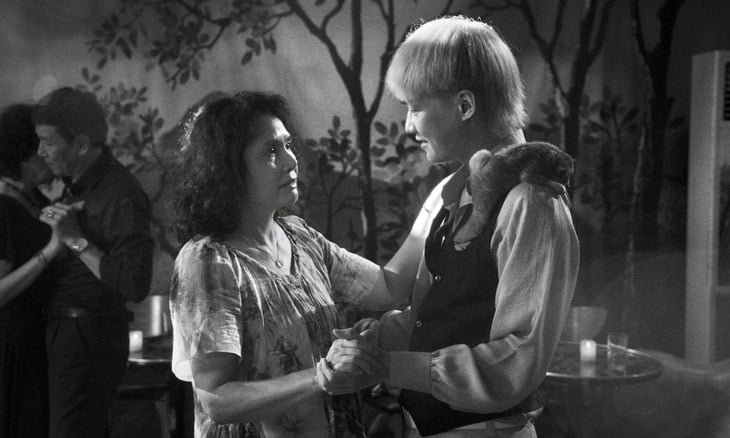
A scene from the movie Coolie Never Cry
* What will happen after Cu Li never cries? Do you believe you will go the long way with cinema? And work in Vietnam?
- After this feature film, I realized that I needed to make another short film right away. Now I consider cinema as a job, not just a personal hobby.
However, to go far in this work, I also need help from many organizations and individuals, especially from the State.
I love where I come from, and I want to make good films. But I can only make good films where I am most welcomed and supported.
The film is much more complex than it first appears. The director weaves a strange but fascinating tale of identity and grief.
A vivid socio-cultural context is carefully exploited by the director, and suggests that: underneath, without necessarily being logical, and sometimes intentionally touching on ambiguity, there are many profound things boiling.
Viewers are transported into a hazy space between past and present, seeing Vietnamese culture through many different lenses. All of which create an overall image of a country constantly stuck between a troubled past and a promising future.
Critic Matthew Joseph Jenner writes on ICSfilm
Source




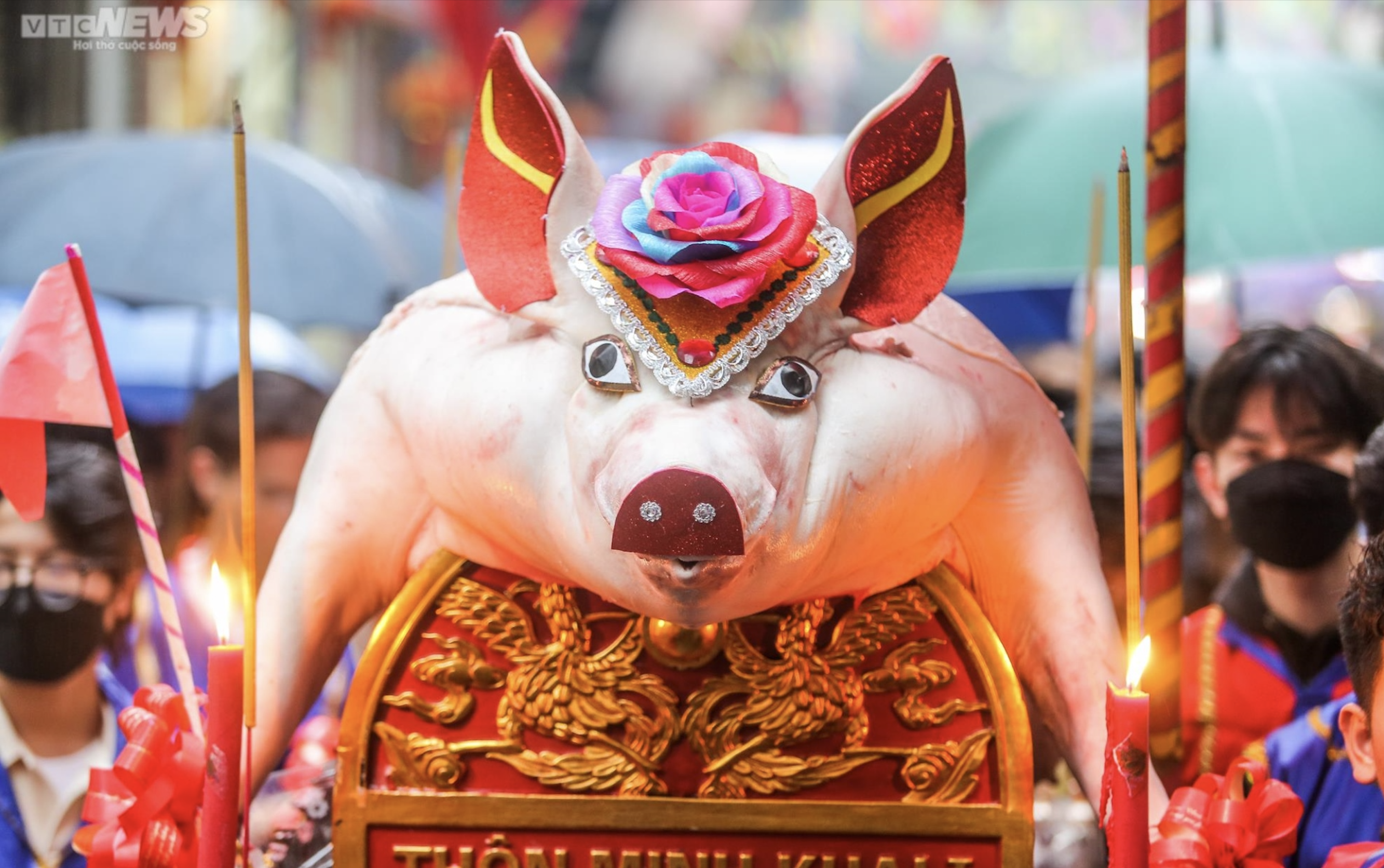



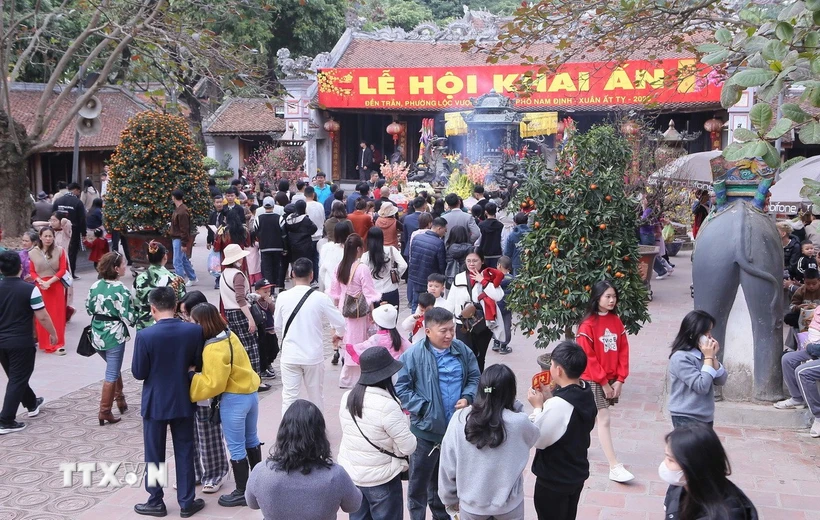
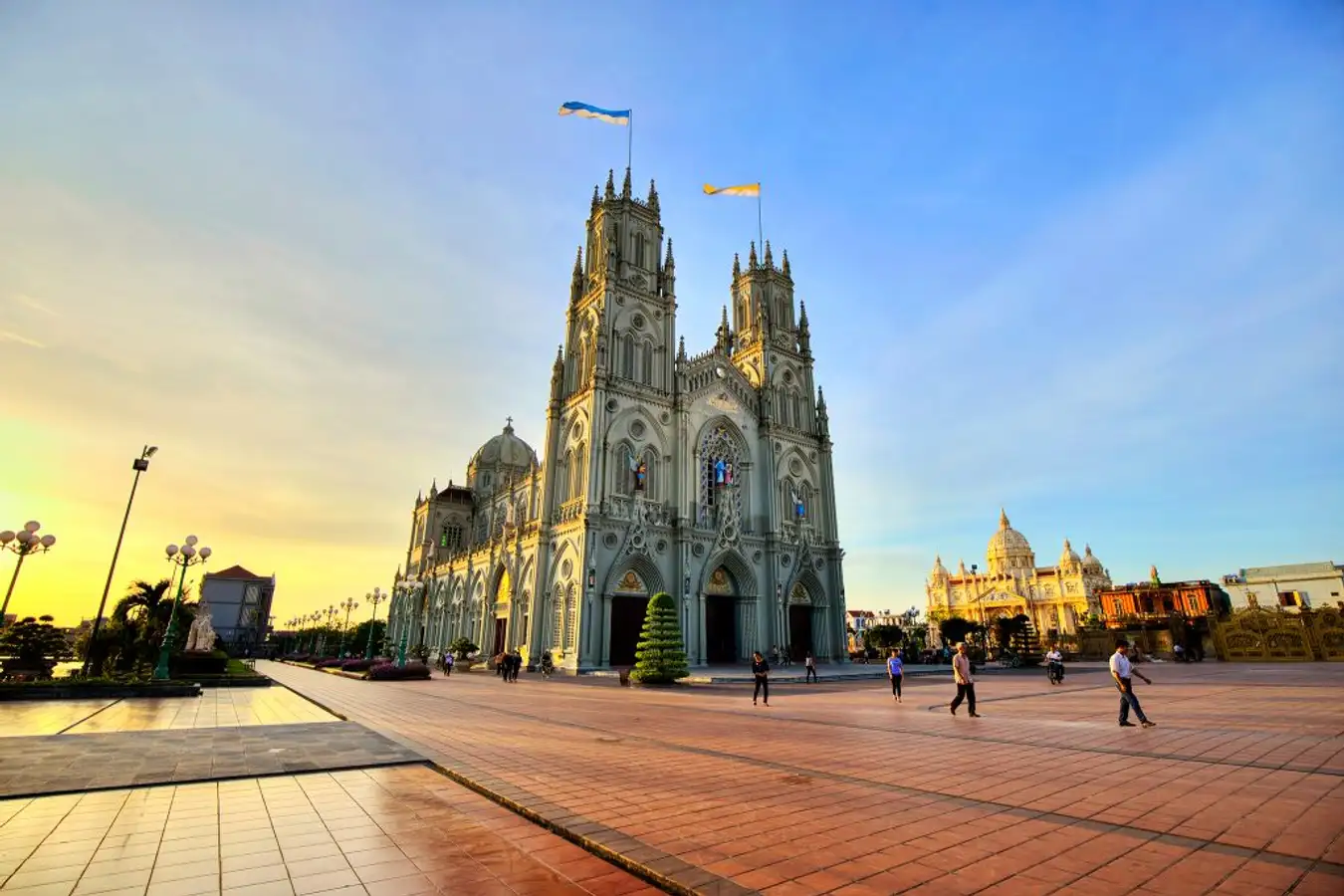





















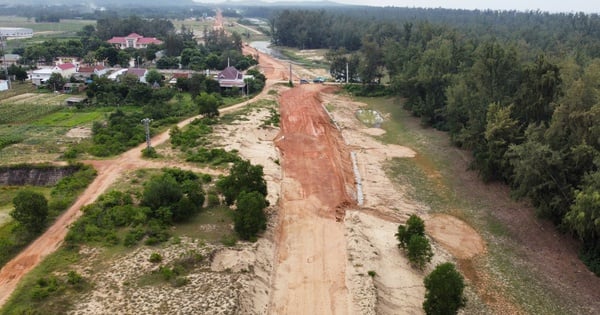



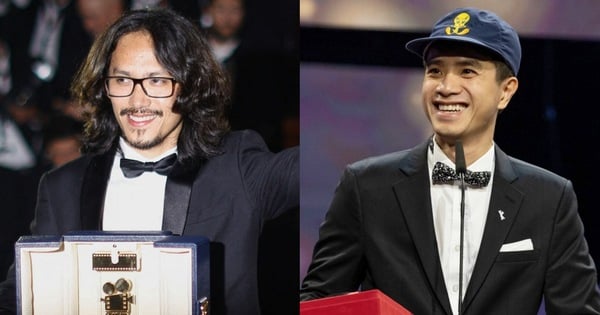
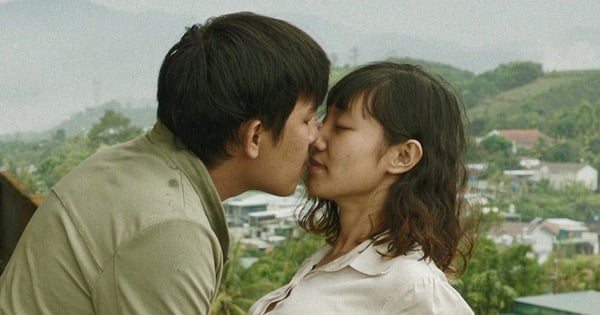

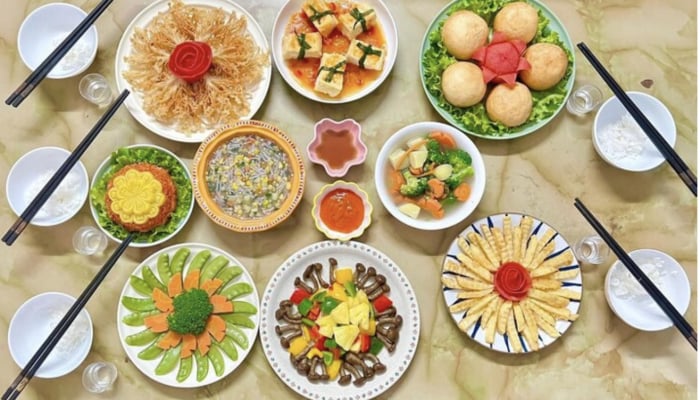



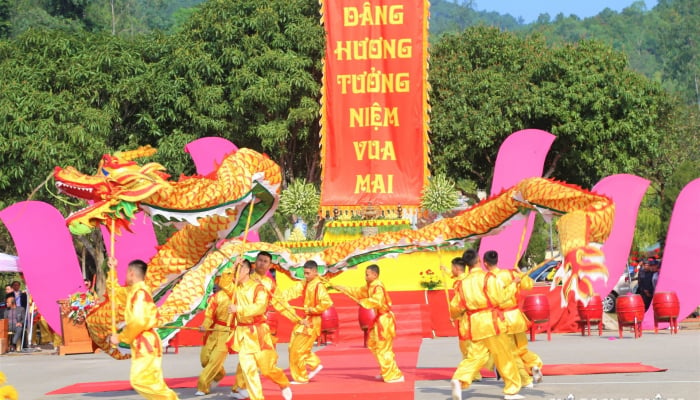
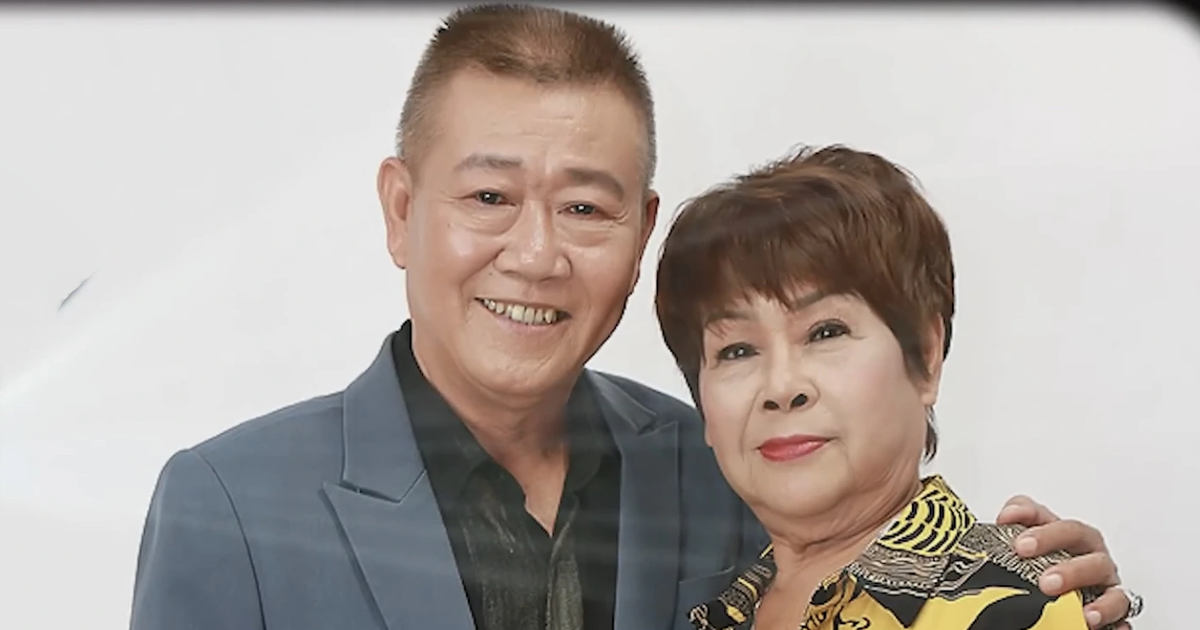




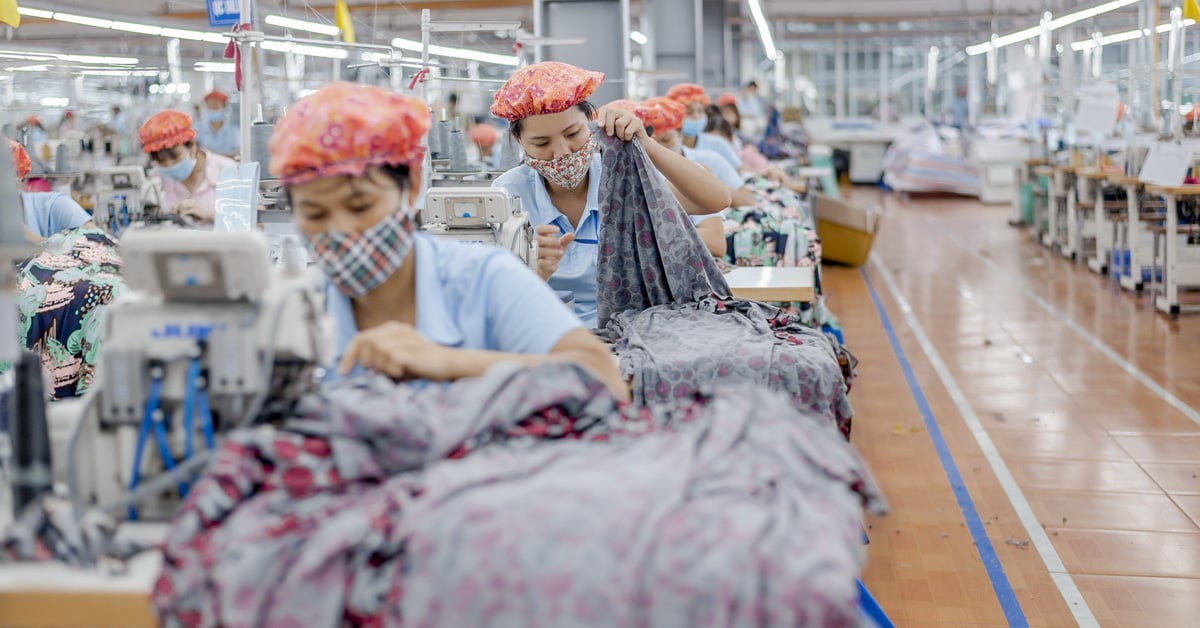
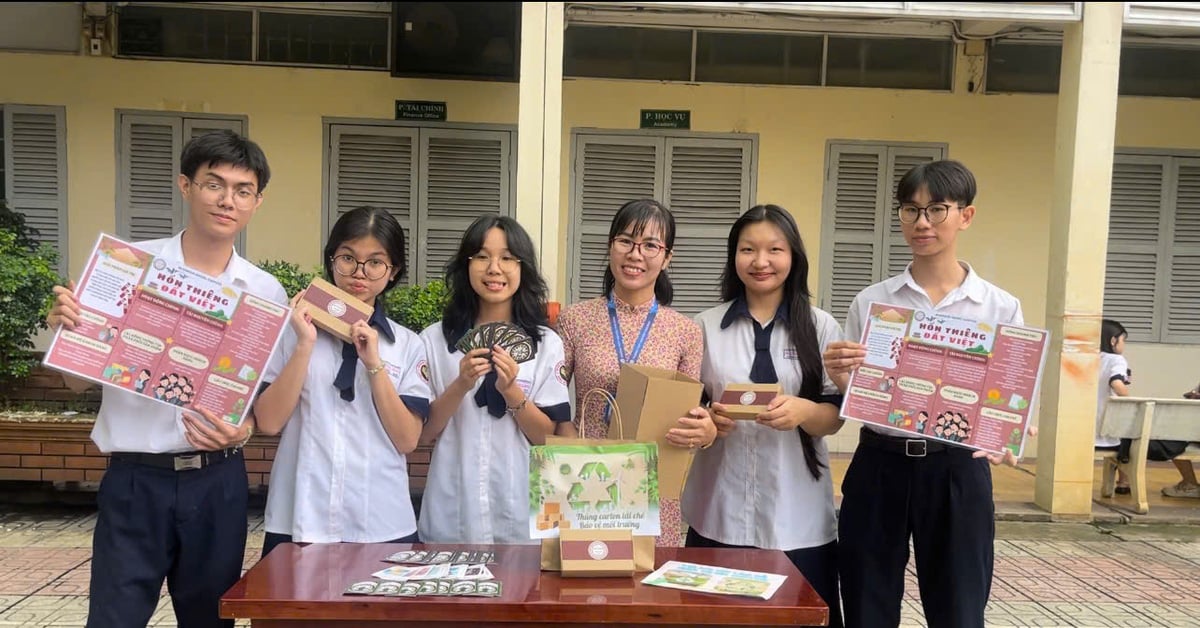


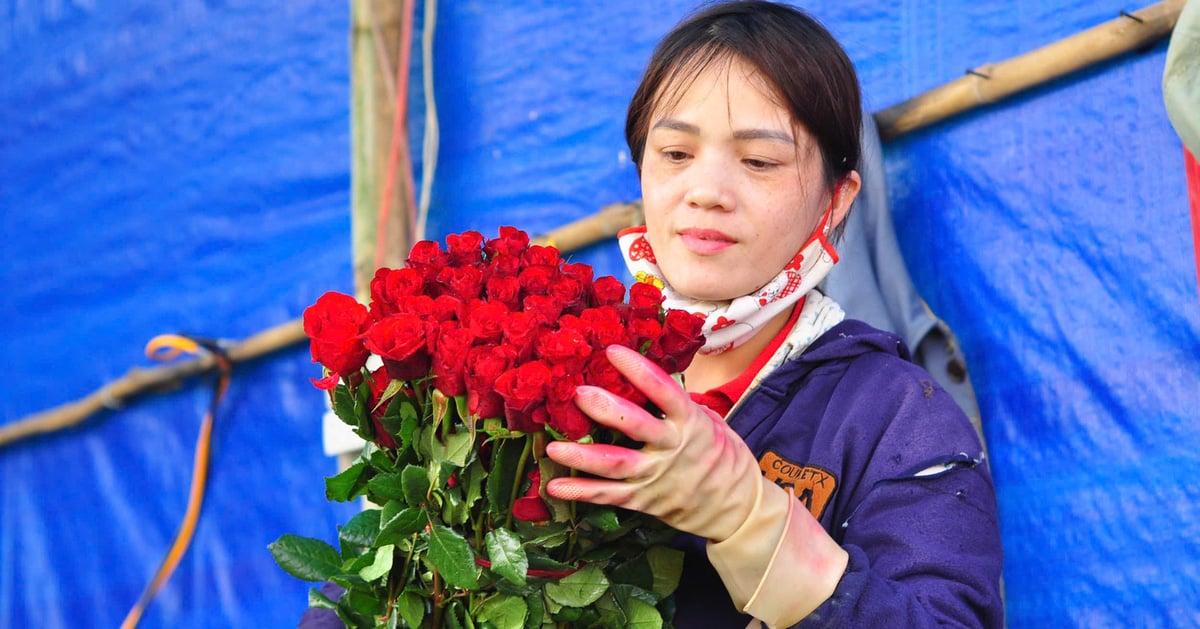
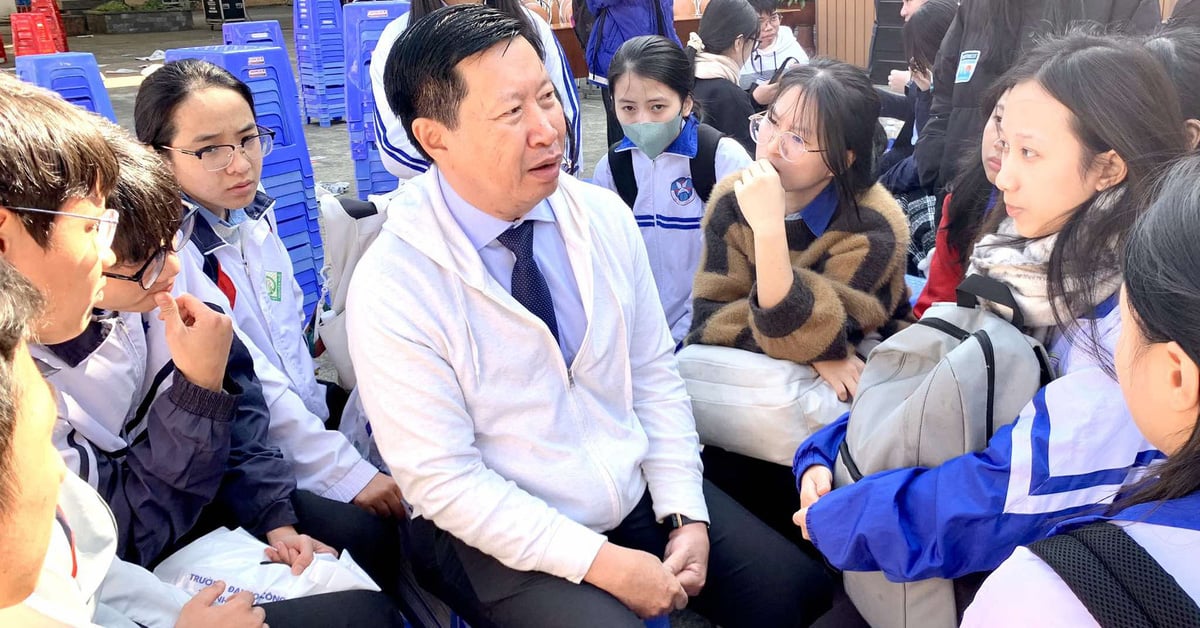
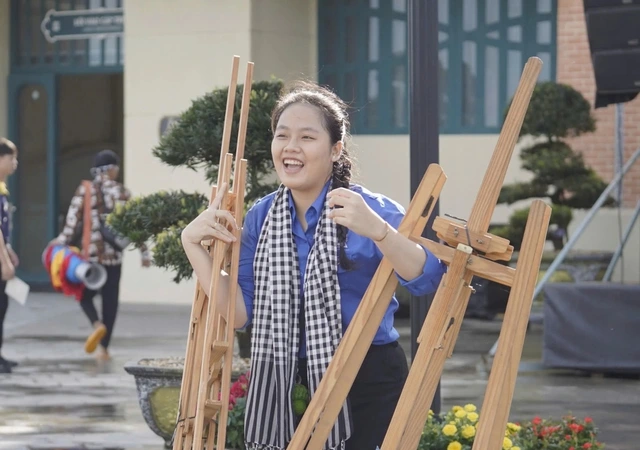


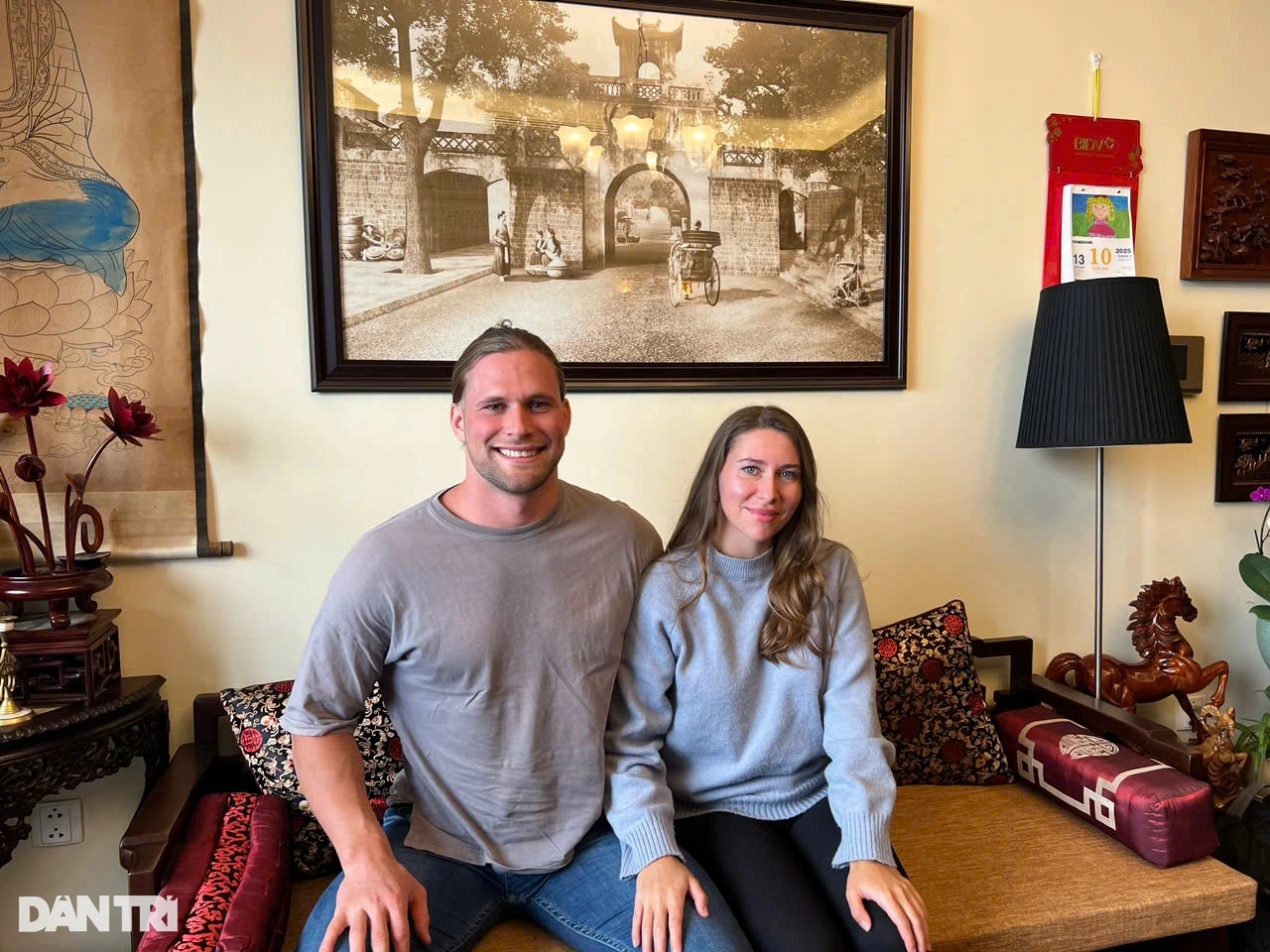

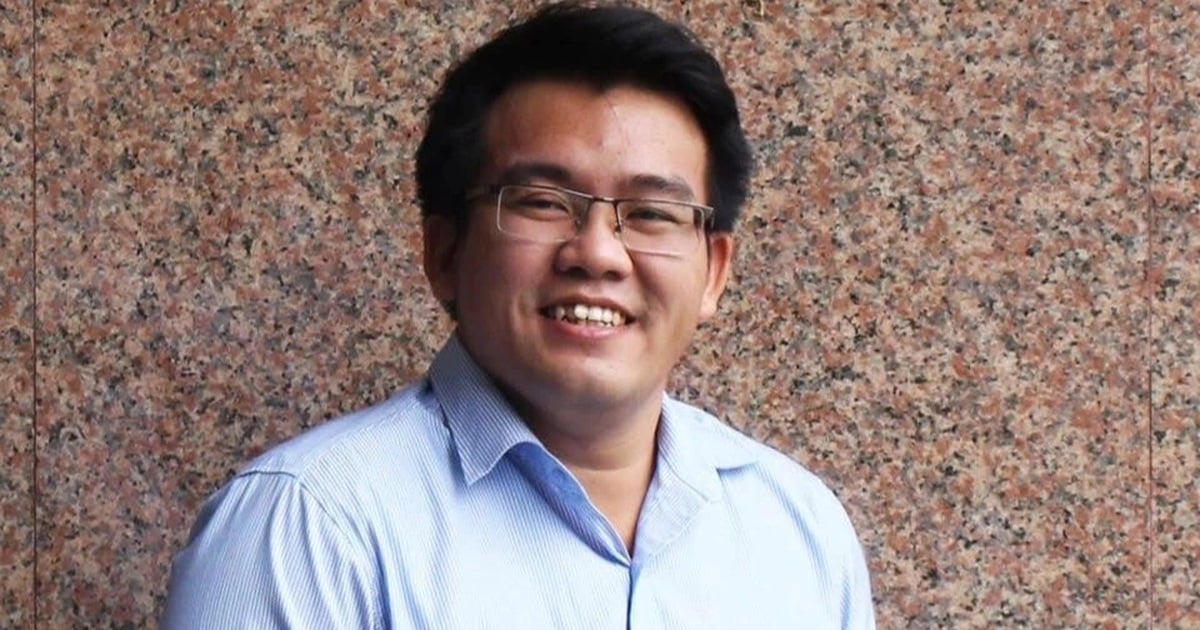
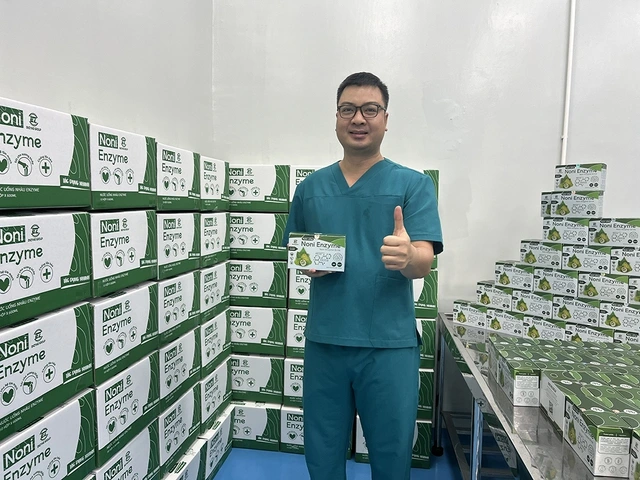





Comment (0)